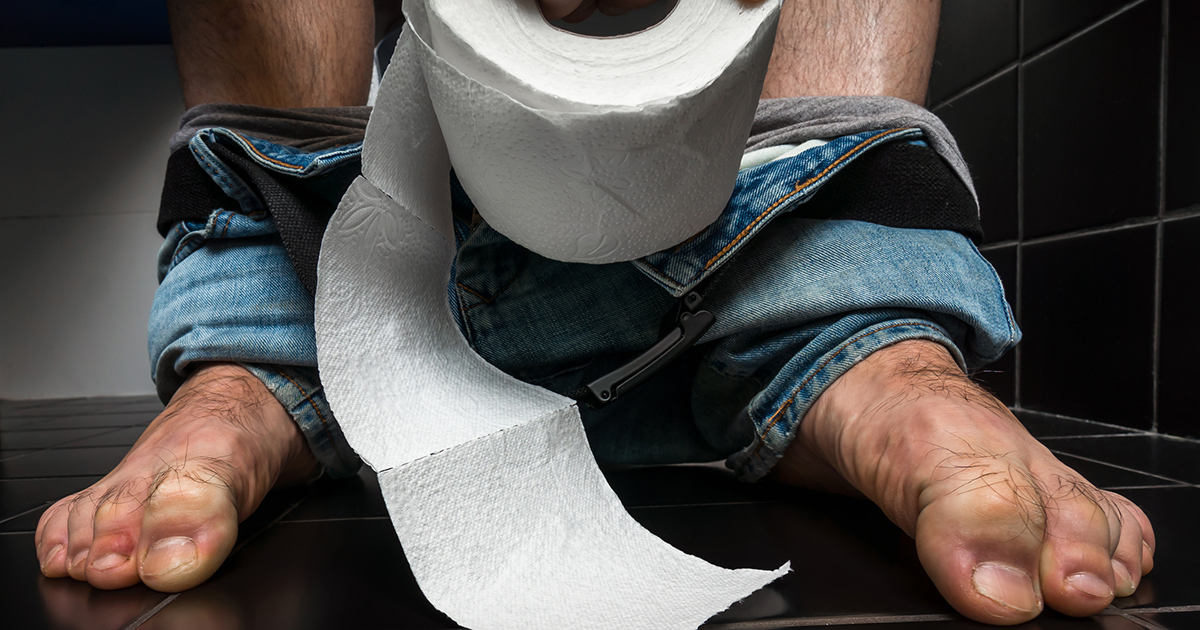Signs Of An E.Coli Infection
Abdominal Pain

Abdominal pain is usually present with an E. coli infection and can be felt from the stomach area to the lower abdomen. Since the infection is in the intestines, the abdomen may be sensitive to touch and pressure. Much like the disease's symptoms, abdominal pain can range from mild to severe. Dull aching can turn into more acute cramping, and pain can intensify when a person tries to eat or drink making it a challenge to restore hydration and nutrients. Depending on pain intensity, a patient may be able to go about easy daily chores or might be restricted to lying in bed.
Diarrhea

Diarrhea is almost always present with an E. coli infection. Since the bacteria attack the intestines, it makes sense the body would try to clear them this way. Frequent trips to the toilet are not only painful and exhausting, but they can quickly lead to dehydration, thus exacerbating other symptoms. Consequently, trying to rehydrate too quickly can intensify diarrhea. It is important to let it run its course rather than trying to alleviate it with an anti-diarrheal medication. This medicine slows down the digestive system allowing the bacteria to stay in the body longer. Diarrhea is the body's way of eliminating the bacteria and toxins from itself. Should blood be found in the stool, it is important to see a health care professional, as this is a sign the infection has become more virulent.
